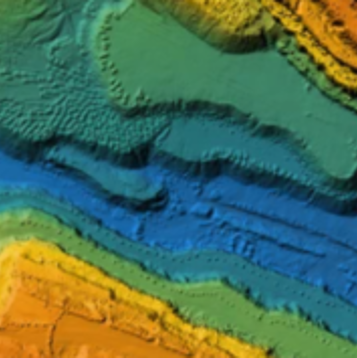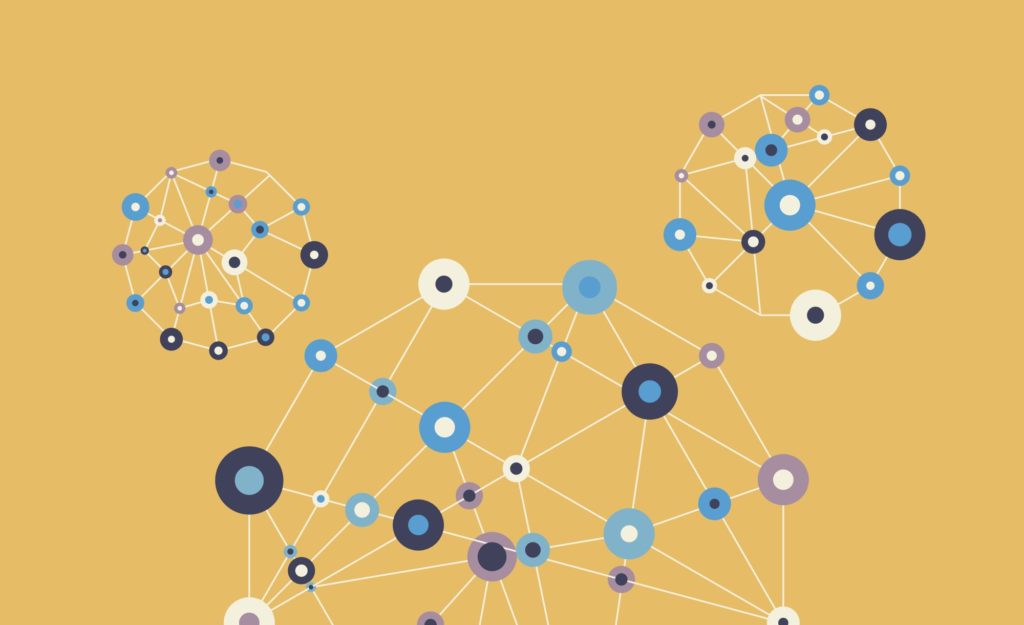Dark Data – what is it… and should we be scared?

What is Dark Data? Dark Data is the data, held by organisations and individuals, which is not used to derive insights or lead decision making. Gartner defines this in a similar way, “information assets organisations collect, process and store during regular business activities, but generally fail to use for other purposes”. An everyday example of this, on […]
Knowledge Graph Technology: Explained

A simple explainer for beginners in the Knowledge Graph and Semantic Metadata playing field… What is Knowledge Graph Technology? Explained traditionally, the concept refers to a knowledge base that uses graph-structured data model topologies to integrate entities, while encoding the semantics underlying the used data. So, what does that mean? Simply put, Knowledge Graph Technology […]
How is the industrial Internet of Things helping to digitalise and optimise business performance?

Businesses in manufacturing and distribution are becoming more efficient and adaptable than ever before thanks to the rise of remote monitoring, predictive maintenance, and digital twins. Industrial Internet of Things (IoT) devices are being used to collect key performance data, which manufacturers are then using to guide strategic business decisions and improve operational efficiency. The […]
Why is data integration key to digital transformation?

In today’s increasingly data-driven world, digital transformation is a necessity. And businesses that are unlocking intelligence from their data stand a better chance of keeping pace with the rapidly changing digital landscape than their competitors. The key to successful digital transformation for any business is to optimise the way in which it interacts with its […]
Why A New Approach to Geospatial Data Is Needed Post-Pandemic

Also referred to as “spatial data”, geospatial data is the term used to describe any type of data with a geographic component. From mapping and navigation to fast food delivery, the development of geographic information science has benefitted a diverse range of organisations around the world and geospatial data is fast becoming one of the […]
Understanding how the semantic data model helps businesses move from data-centric to knowledge-centric decision making

At the heart of any data management discipline is the need to find meaning in the data around us. Semantic modelling is a method of structuring data, applying meaning to it and identifying the significant relationships within them – making this type of data more valuable. Knowledge graph technology is gaining traction in the data […]
From data to intelligence- why knowledge graphs are the critical enabler of better and faster decision making in business

Knowledge graphs, also known as a semantic networks, are an important and highly practical technology used by businesses to drive intelligence into data. Knowledge graphs help to resolve a wide range of today’s data-related business challenges, such as data silos, and unstructured data management, by illustrating relationships between data and entities in an accessible format. […]
Fast data: exploring the benefits of automated and real-time analytics

In order to compete in an increasingly data-rich landscape, businesses are investing significantly in automated and real-time data analytics. By retiring time-consuming and error-prone manual data processing methods, analytic process automation is enabling enterprises to achieve and maintain data management scalability. Real-time analytics tools are then providing businesses in fast-moving industries with a further competitive […]
Making your digital twin secure

As we know, there are numerous advantages of digital twins. They are widely known, a digital representation of a real-world system or process can help your organisation to reduce costs, anticipate problems, provide solutions, and create business value. However, regardless of the scale of your digital twin and the system to which it is connected, […]
How AR/VR and Digital Twins Will Be Key to Bringing the Enterprise Metaverse to Life

Everyone’s talking about the metaverse – a future in which our physical and digital worlds merge, in fully immersive virtual reality. Many have not yet crossed over into the world of virtual reality (VR), its sister tech, augmented reality (AR), or taken a virtual step in the metaverse, but that may soon change. Organisations around […]
